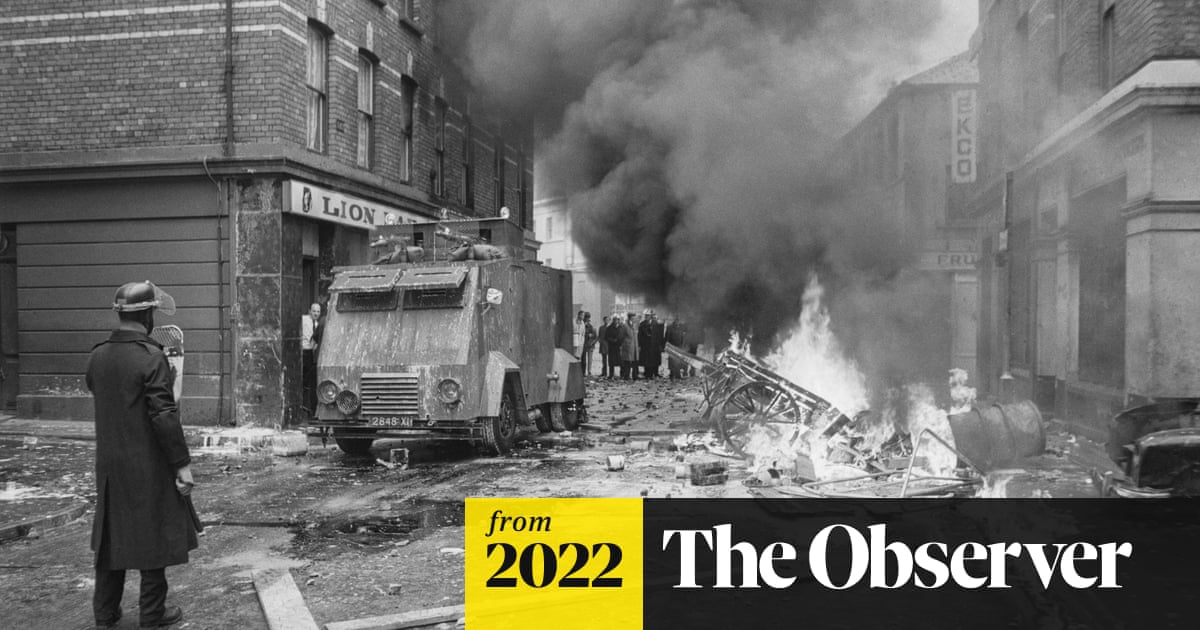Not directly but what has been shown with the fenians the us will be more than happy stoking and arming dissenters in Britain's empire and will happily give Britain a death by a thousand cuts like what they did to America's other parent France. Oh Britain you basically made another france from your eldest by joining the war.
So likely no upfront wars but proxy wars are gonna be an almost inevitable with how revanchist and how hard time the USA is gonna have. and it was the democrats who supplied the fenians this time who knows what the radicals might do next time
There's far more room for proxy conflicts than direct confrontation. There are those who in Canada will be disgruntled, but many of them happen to also be the sorts that the US either dislikes on principle, or would be unwilling to normally aid. The Cree and the Metis come immediately to mind, and the US will be reluctant to directly arm them in favor of hurting Canada. They might do it on the sly (IE Americans willing to sell arms and ammunition) but that would be less "government policy" and more "angry Americans" which is another case for conflict.
Also question about the Chinese situation in the west coast what's going on with them hopefully in there future is brighter than before cause without the south I think we can stop the Chinese exclusion act cause the south is gone and I think the USA are gonna need the Chinese manpower for the transcontinental railway which I hope is successful. But I'll just hope that there fate is better than otl cause that was depressing.
Well, reading a few histories of the Transcontinental Railroad at the moment and its all a little bleak. California, for many labor and racist reasons, wanted the Chinese
OUT as soon as they weren't needed. The fear of the "Yellow Horde" is still very real, but a
very Pacific driven concern. It's going to be a local sticking point for a while. Especially as China is still going to be reeling from its change of government and local disasters well into the 1870s with all the chaos from the fall of the Qing dynasty in favor of the new dynasty.
Long term, better prospects that say how it took until almost the modern day for Chinese acceptance. Short term, less so.
Also is there a map for the new borders again cause I want to see it.
I am still plugging away. Alas life keeps me busy and I'm used to MS paint, but currently working with Google. I'd have to boot up my old dinosaur laptop to try it, and maybe I'll have a bit more time in the near future. I do want to put an 1866 map out, but 1872 is the latest I am willing to wait to show a world map.
I was thinking of the first boer war In that the boers have better victory and are more supplied and give Britain a much bloody nose. but I understand if that's a bit ahead and relations could have could have soften but I doubt it.
The above part was mostly speculation on my part not really anything related to real events that could happen.
I was toying with the Boers being somehow American proxies, but that's a bit far off. There's an interesting African war I've got planned around that time though. The 1890s are the second most exciting decade post 1860s.
